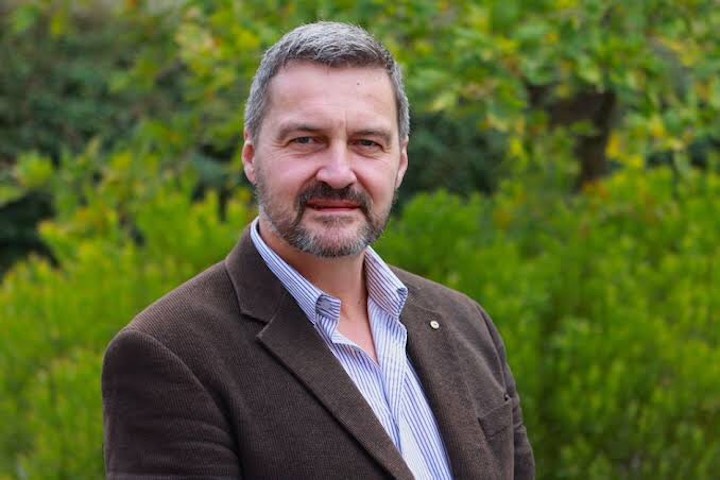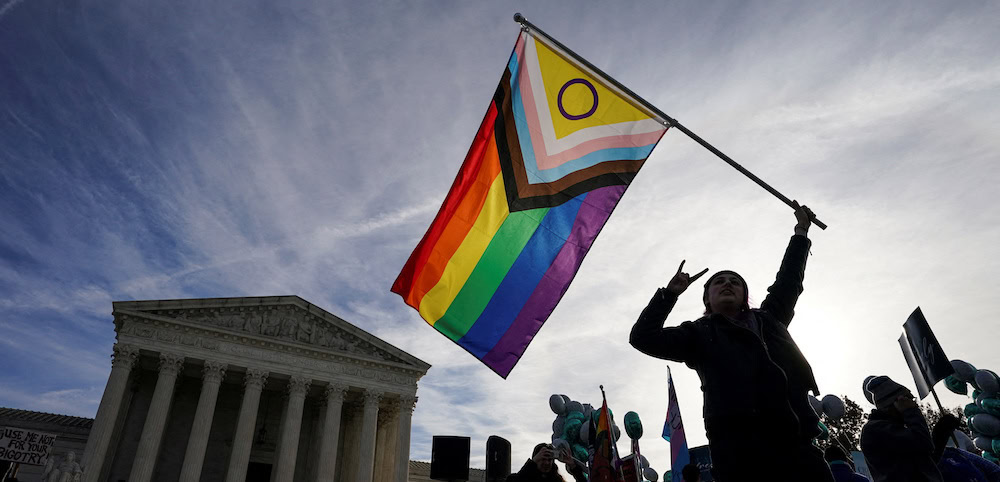
Beyond gay marriage
A few weeks ago, I attended a lecture given by visiting American legal academic Nancy Polikoff.
In her talk, called -˜Beyond Gay Marriage’, she lambasted the gay and lesbian rights movement in the USA for focusing on campaigns for gay marriage to the exclusion of all else.
Oft-heard from across the Pacific are the slogans -˜Say No to Prop 8′ -“ referring to the Californian statute designed to outlaw gay marriage Â-” or -˜Gay Marriage Now’ from New York to Washington. One rarely hears the words, -˜de facto equality now!’
There is no such thing as -˜de facto’ in the USA. The only way to gain partner benefits for heterosexual couples is through the opt-in system of marriage. This is partly why it is so important for gays and lesbians to have access to marriage, but also it is why the USA could learn a little from how things work Down Under.
De facto couples in Australia have almost exactly the same rights and entitlements as married couples.
According to the Australian Bureau of Statistics, as at 2006, only 52 percent of people in couple relationships were married. In 2006, 9 percent of all adults were in de facto relationships. And 50,000 people were living in same-sex relationships.
If gay marriage, or civil unions, were introduced, it would be a fantastic boon for equality in Australia. Indeed, it is one of the last stumbling blocks in the way of full equality.
But the fact that we already have an automatic recognition system for couples who do not want to get married but who have lived together for more than two years, means the legal, financial and workplace rights of most couples in our community are protected.
So everyone in our community is protected, it is vital the government keeps in mind the vulnerable people in our community -” those on the age or disability pension, and other social security allowances.Â
For many of these people, the government needs to show the same leniency and compassion they have shown to other groups, such as those on the widow pension, when social security laws are changed.
This means that transitional arrangements need to be put in place, a grace period of 12 months for people on social security needs to be granted, and a government-funded education campaign needs to inform people of their new rights, along with their new obligations, under the law.










“So everyone in our community is protected”
Protected yes, but not everyone has the same choices available. I want to get married to my partner. We do not have the right. But we do have the responsibility to make sure my partner’s disabled pension is now reduced to next to nothing in exchange for this “equality”. All the responsibilities but not the one over-arching right that would really matter to us. The system is still unfair, no matter how the pollies balance it all up on the ledger. The object for gay lobbyists worldwide should therefore lie somewhere between the Oz experience and the US one.